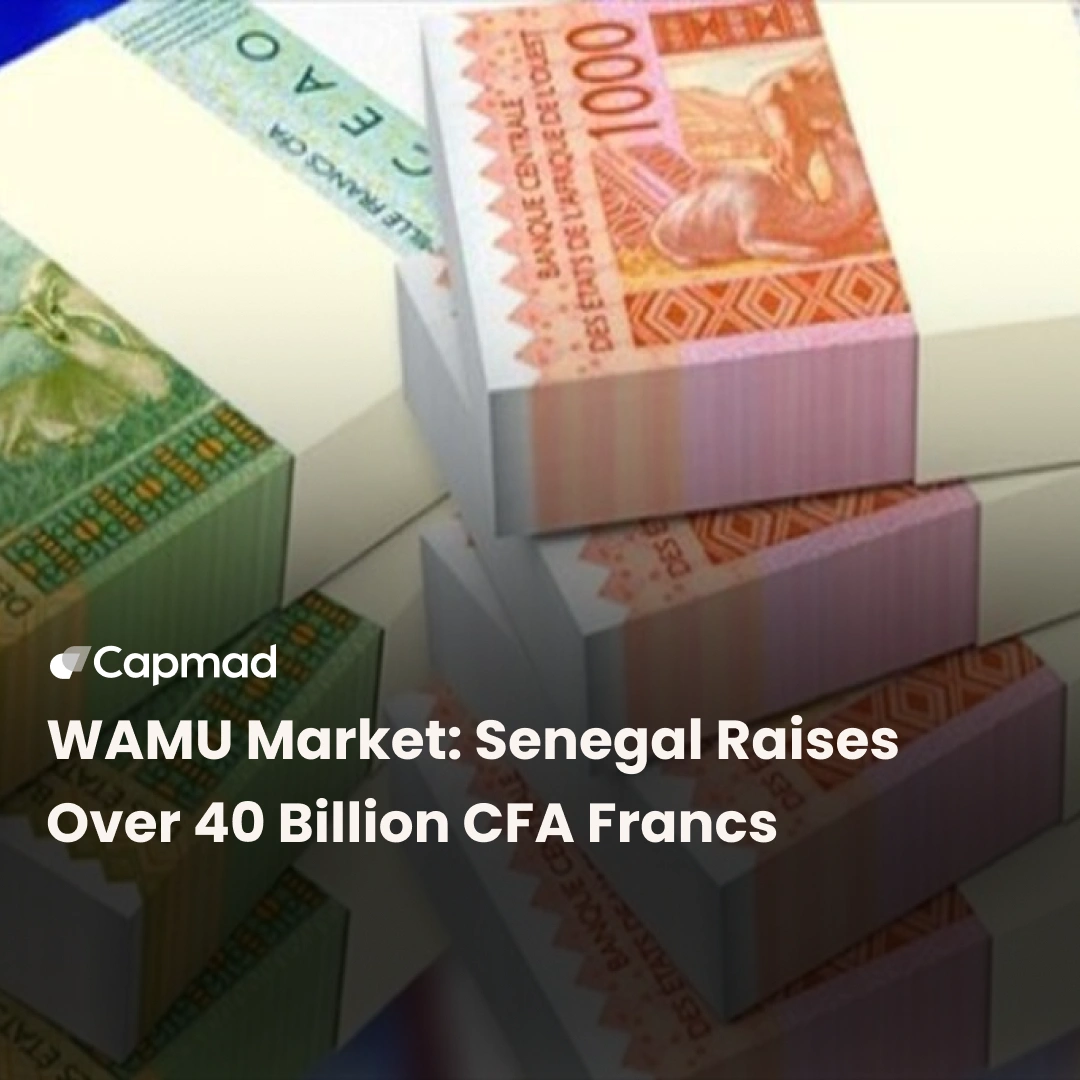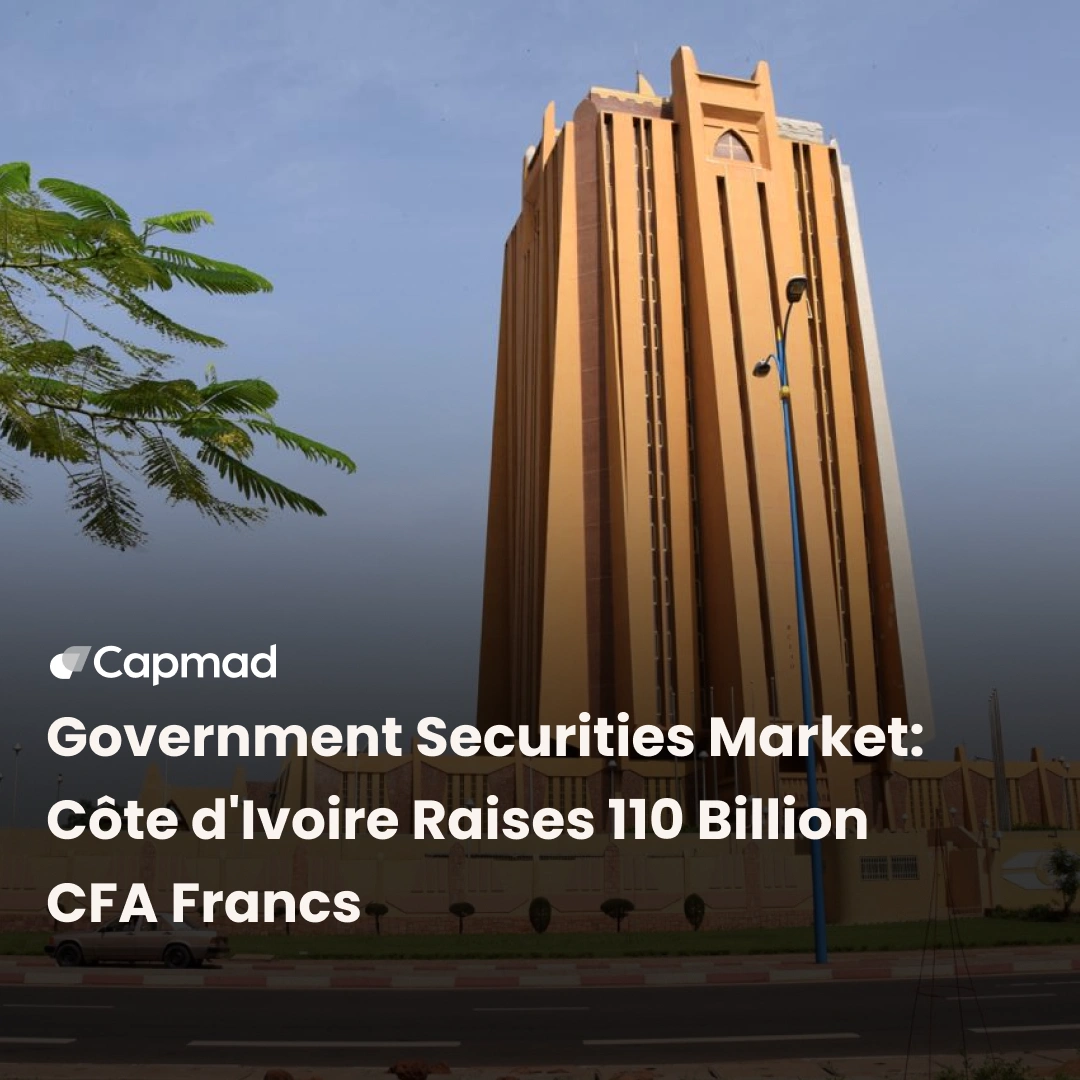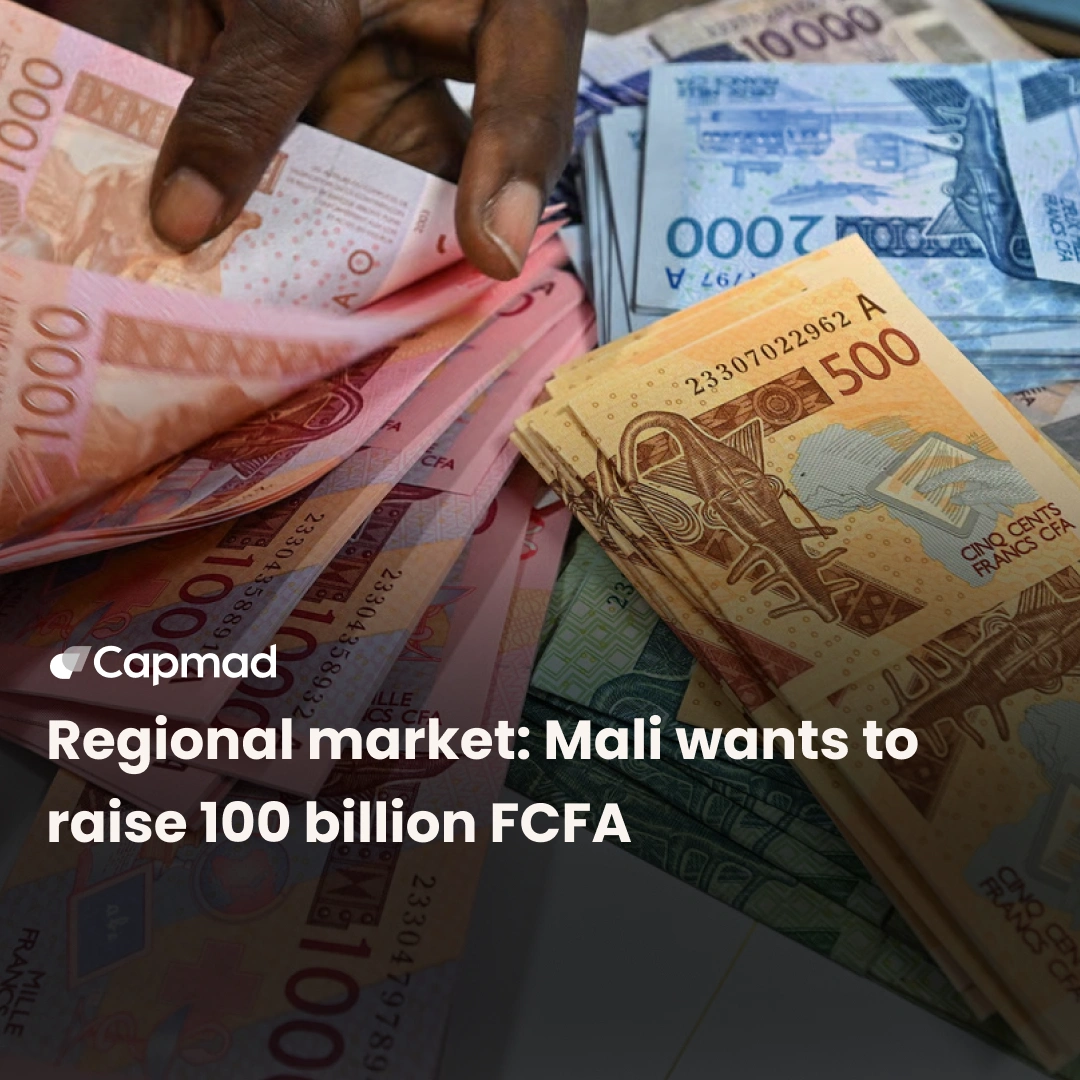Innovations in Rwanda’s financial sector are pivotal to its economic recovery, with annual growth averaging 7.2 %. Mobile banking, expanded communication networks, and growth-focused policies are propelling this progress. Rwanda stands out as one of Africa’s fastest-growing economies, driven significantly by these advancements in its financial landscape.
Growth of digital banking in Rwanda
Several initiatives are underway to promote a cashless financial system in Rwanda. The Rwanda Banking Association has introduced an online check clearing platform, marking a significant step towards a cashless economy. Many financial institutions are also embracing mobile and Internet banking solutions to further this transition.

Digital banking reduces operational costs for financial institutions, requiring fewer resources. This expansion extends financial services to previously underserved communities. A branchless banking system also enhances customer convenience by providing easier access.
Large-scale financial inclusion
An efficient financial system plays a crucial role in facilitating the flow of money, particularly within the informal sector, and encourages greater involvement from unbanked segments of society. The rise in Internet users has enabled the financial sector to achieve enhanced performance metrics.
The increasing involvement of telecommunications firms, providing advanced 4G LTE and fiber optic broadband networks in Rwanda, has significantly boosted the expansion of the financial sector. Rwanda has achieved 100 % mobile coverage as a result. Mobile banking services, integrated by Rwandan banks, remain pivotal in advancing financial inclusion efforts.
Growth in financial assets
The substantial growth in financial sector assets and liquidity is fueled by the expansion of financial inclusion and the digitization of financial systems. From June 2019 to June 2020, the banking sector saw an annual increase of 18% in liquid assets.
A financially inclusive sector with ample liquid reserves ensures stability, making it resilient against systemic shocks and capable of absorbing potential losses. This stability not only attracts foreign investment but also positions Rwanda as one of the most investment-friendly countries in Africa.
Competition in an open market
The Rwandan banking sector is primarily dominated by three major institutions: Bank of Kigali, Popular Bank of Rwanda (BPR), and Development Bank of Rwanda (BRD), collectively holding 60 % of the market share. This concentration has historically created challenges of unfair competition for smaller banks.
Customers have been subjected to an uneven competitive landscape. However, the advent of digitalization through Internet and mobile banking has opened up the market to more equitable competition, transcending traditional geographical limitations.
This shift towards digital banking has rewarded institutions with efficient and reliable digital platforms, enabling even smaller banks to expand their market presence at reduced costs. The era of technology in Rwanda has introduced new paradigms of competition that significantly benefit customers, fostering innovation and driving economic growth and development.






